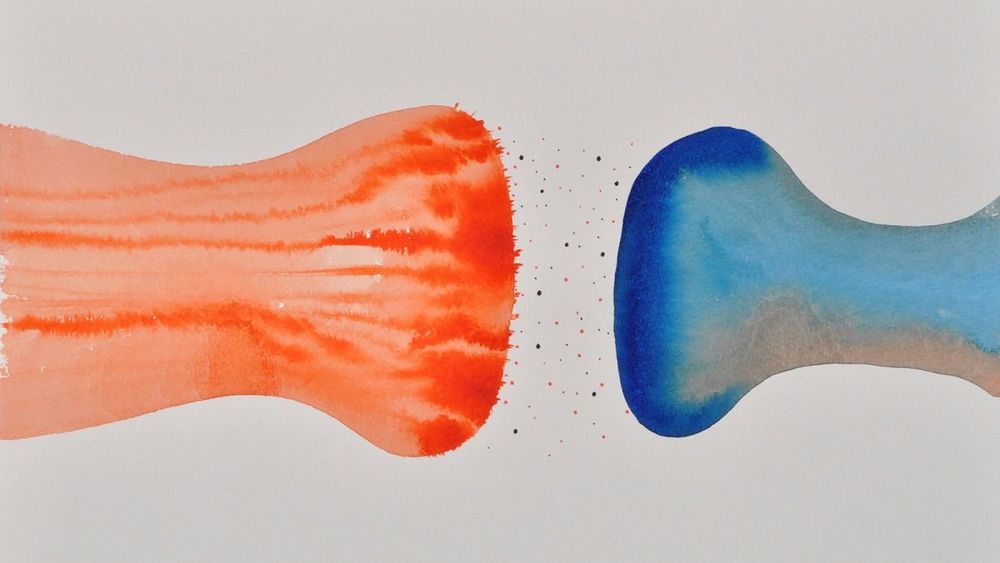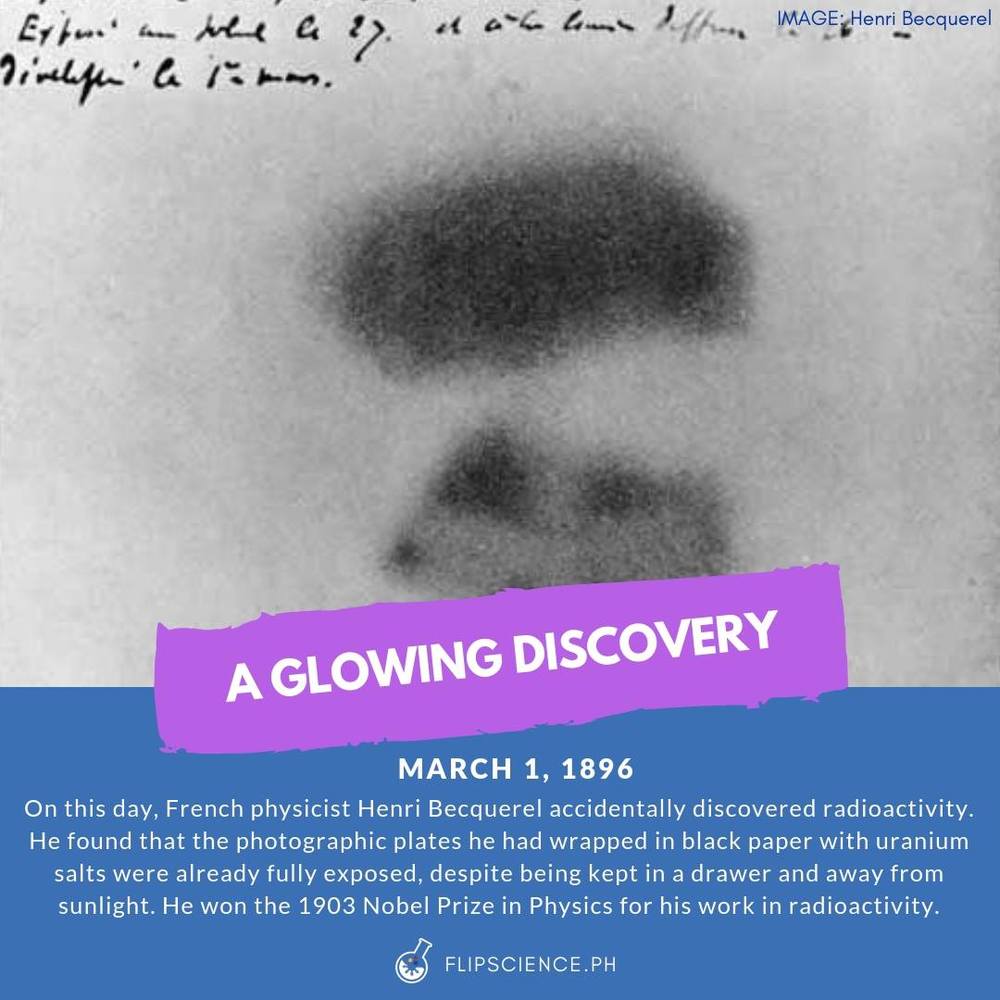Mar 2, 2019
A new artificial synapse is faster and more efficient than ones in your brain
Posted by Paul Battista in categories: futurism, robotics/AI
Biologically inspired circuitry could help build future low-power AI chips—if some obstacles are overcome.
The news: Researchers at the US National Institute of Standards and Technology built a new magnetically controlled electronic synapse, an artificial equivalent of the ones that link neurons. They fire millions of times faster than the ones in your brain, while using 1,000th as much energy (which is also less than any other artificial synapse to date).
Why it matters: Synthetic synapses, which gather multiple signals and fire electronic pulses at a threshold, may be an alternative to transistors in regular processors. They can be assembled to create so-called neuromorphic chips that work more like a brain. Such devices can run artificial neural networks, which underpin modern AI, more efficiently than regular chips. This new synapse could make them even more energy-efficient.
Continue reading “A new artificial synapse is faster and more efficient than ones in your brain” »

















